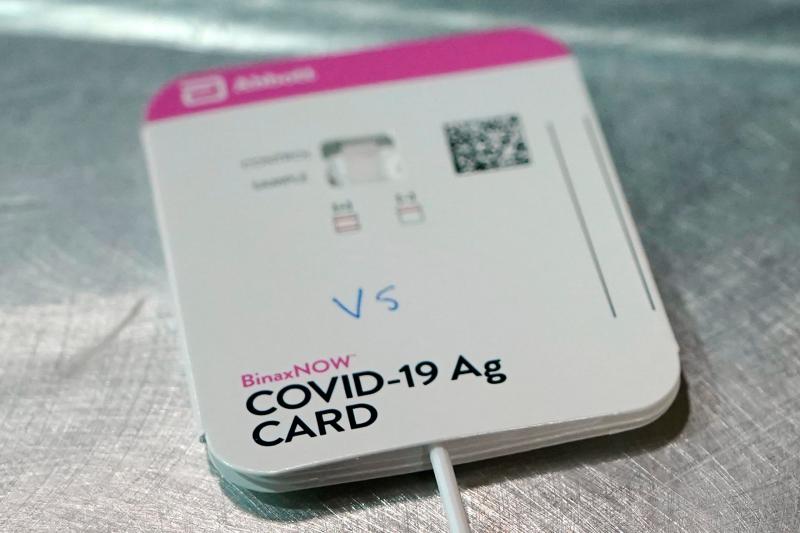

Currently, PCR testing is relatively expensive ( about $100) and often experiences processing delays that hamstring efforts to stop transmission. Since at-home antigen tests would be fast and cheap, they could allow people to test themselves regularly. Because I don’t care about infections, I care about infectiousness.” “The antigen test is picking up the infections I want. “The antigen test is maximally sensitive at the same time that you are maximally infectious,” says David Paltiel, a professor of public health and health policy at the Yale School of Public Health. These high levels, though, also happen to coincide with when a person is most likely to transmit the virus to others. An over-the-counter antigen test, meanwhile, relies on high levels of the virus to be able to detect it. A PCR test, designed to diagnose an individual with infection, can catch very low levels of viral material before or after a person spreads the virus. In fact, by PCR standards, some at-home antigen tests might catch only half or a third of people who test positive on a PCR test.īut that’s because they’re looking for different things in different ways. The holdup is that rapid, over-the-counter antigen tests are not nearly as sensitive to the coronavirus as the molecular PCR (polymerase chain reaction) tests currently used for most Covid-19 testing. People line up on August 13 to take a Covid-19 test in the Sunset Park neighborhood in Brooklyn, New York, which has seen a spike in coronavirus cases. But they have been sitting on the shelf, unused, for months.
#Low cost rapid covid test near me professional#
(The new BinaxNOW test from Abbott, authorized August 26, is different - it requires a health professional to administer it, and the patient must have symptoms to get a prescription.)Īnd some of these at-home tests are ready to go. Several small companies have been developing these simple tests, and the conglomerate 3M is working with MIT on another one. “We have to have a breakthrough innovation in testing,” she said. It’s a no-brainer to me.”īack in April, Deborah Birx, the White House coronavirus response coordinator, actually called for just this sort of solution in an interview on Meet the Press. “We could be getting massive outbreaks down to nothing.

Chan School of Public Health, who has led an effort to get these rapid tests authorized by the Food and Drug Administration. “I see these tests as a solution that’s literally sitting in front of us,” says Michael Mina, an epidemiologist at the Harvard T.H. No doctors, labs, expensive machines, or special chemicals required. These kits would allow anyone to test themselves for the coronavirus any time (and anywhere) for between $1 and $5, and get results in about 15 minutes. What we need, they argue, are at-home rapid tests that look for antigens, proteins the live virus makes.

To get the US pandemic under control, a growing number of health and medical experts are making a clarion call for an additional testing approach to Covid-19.


 0 kommentar(er)
0 kommentar(er)
